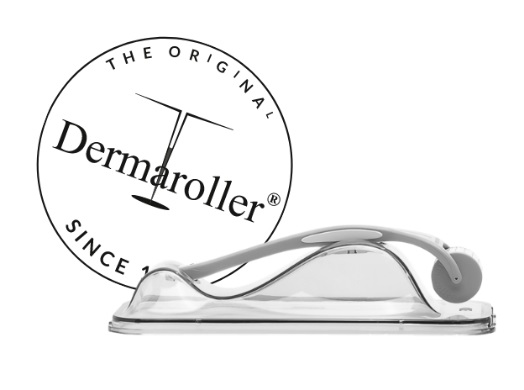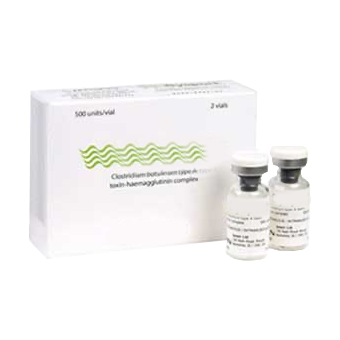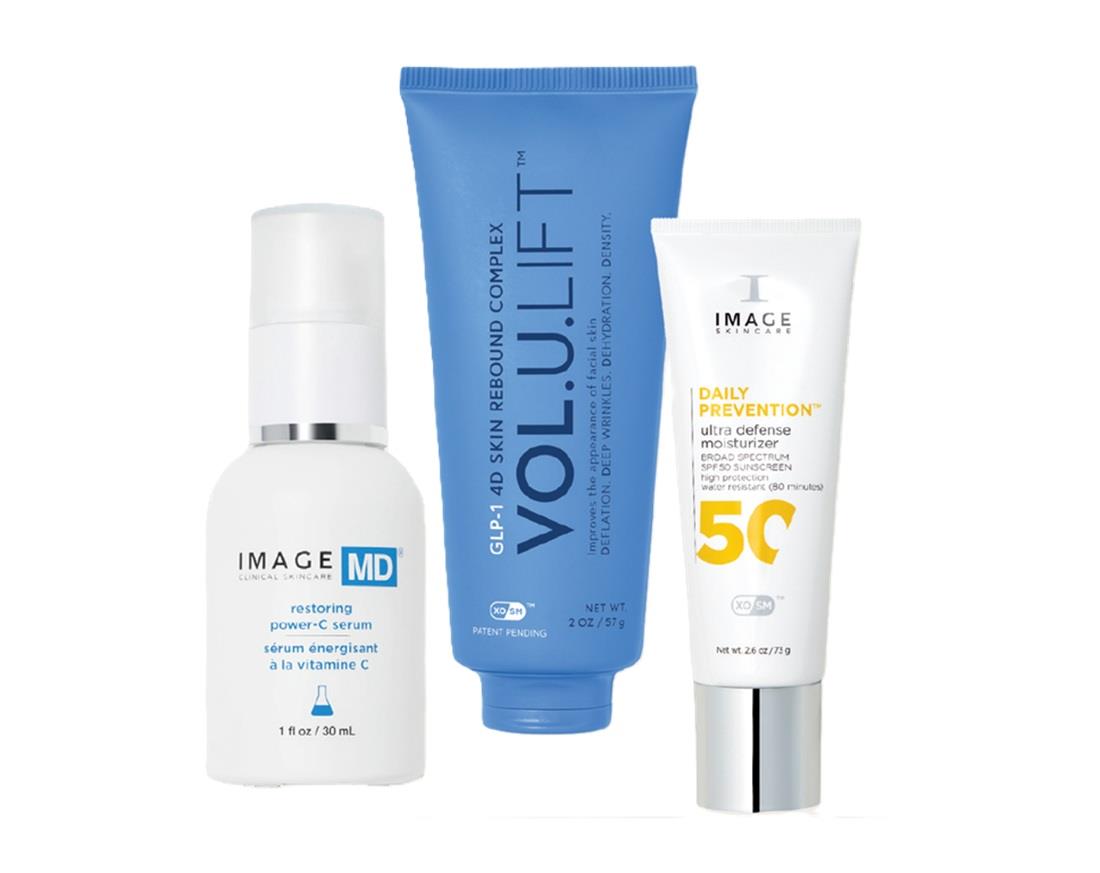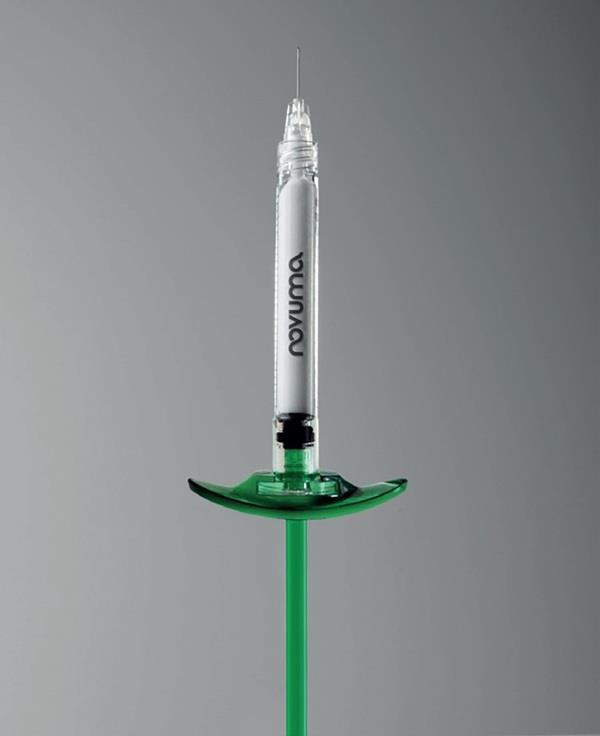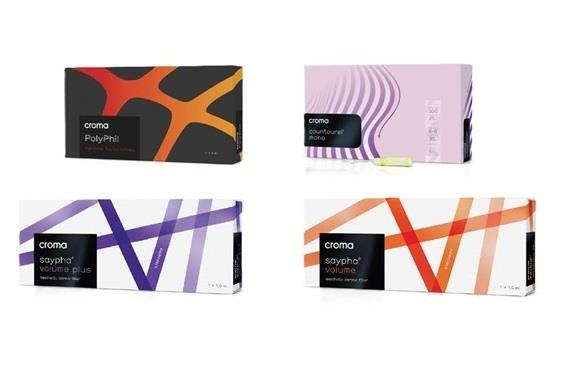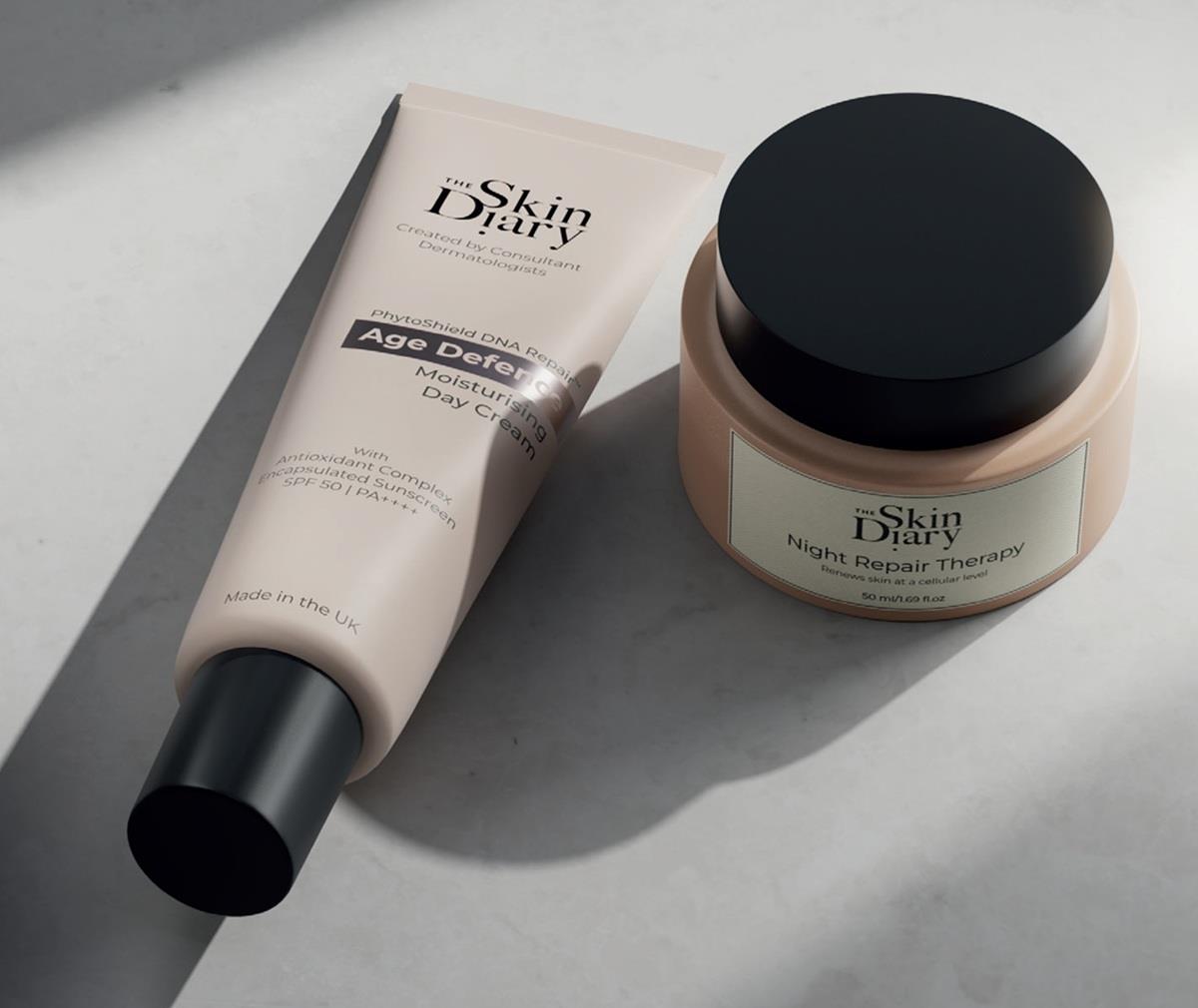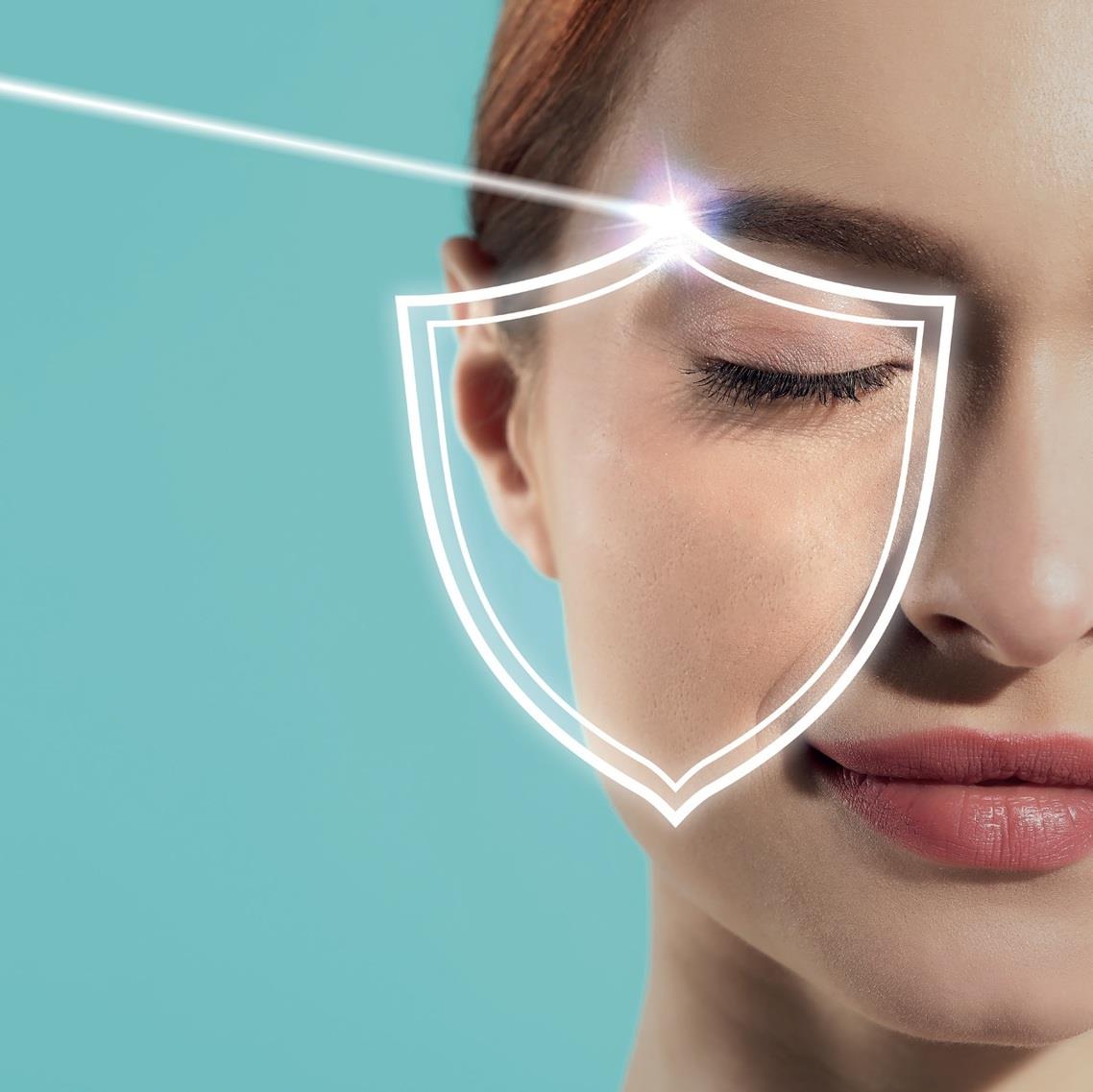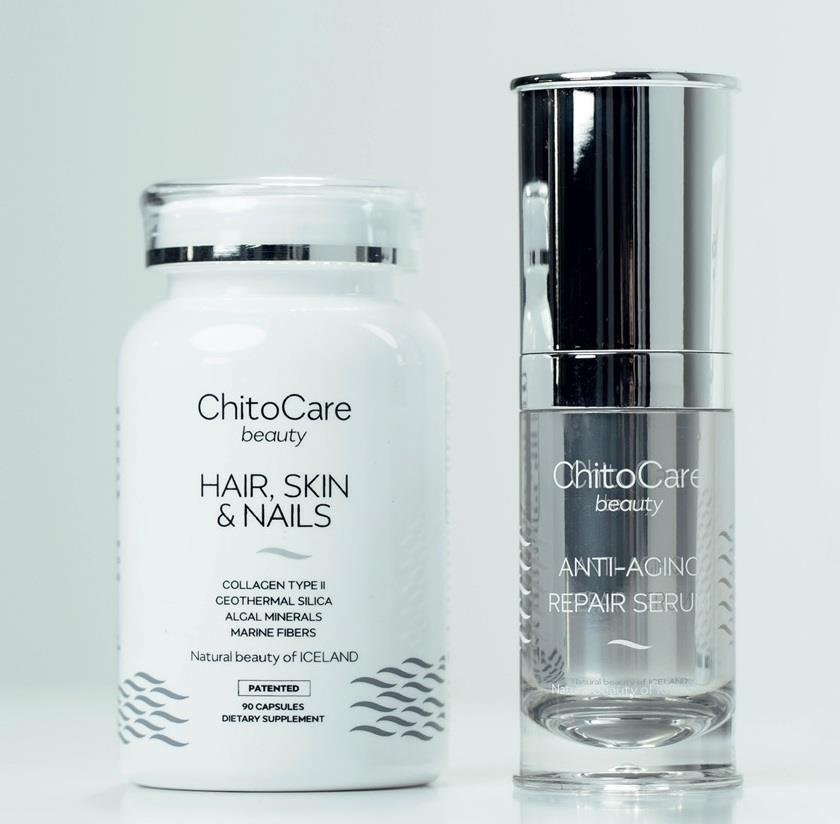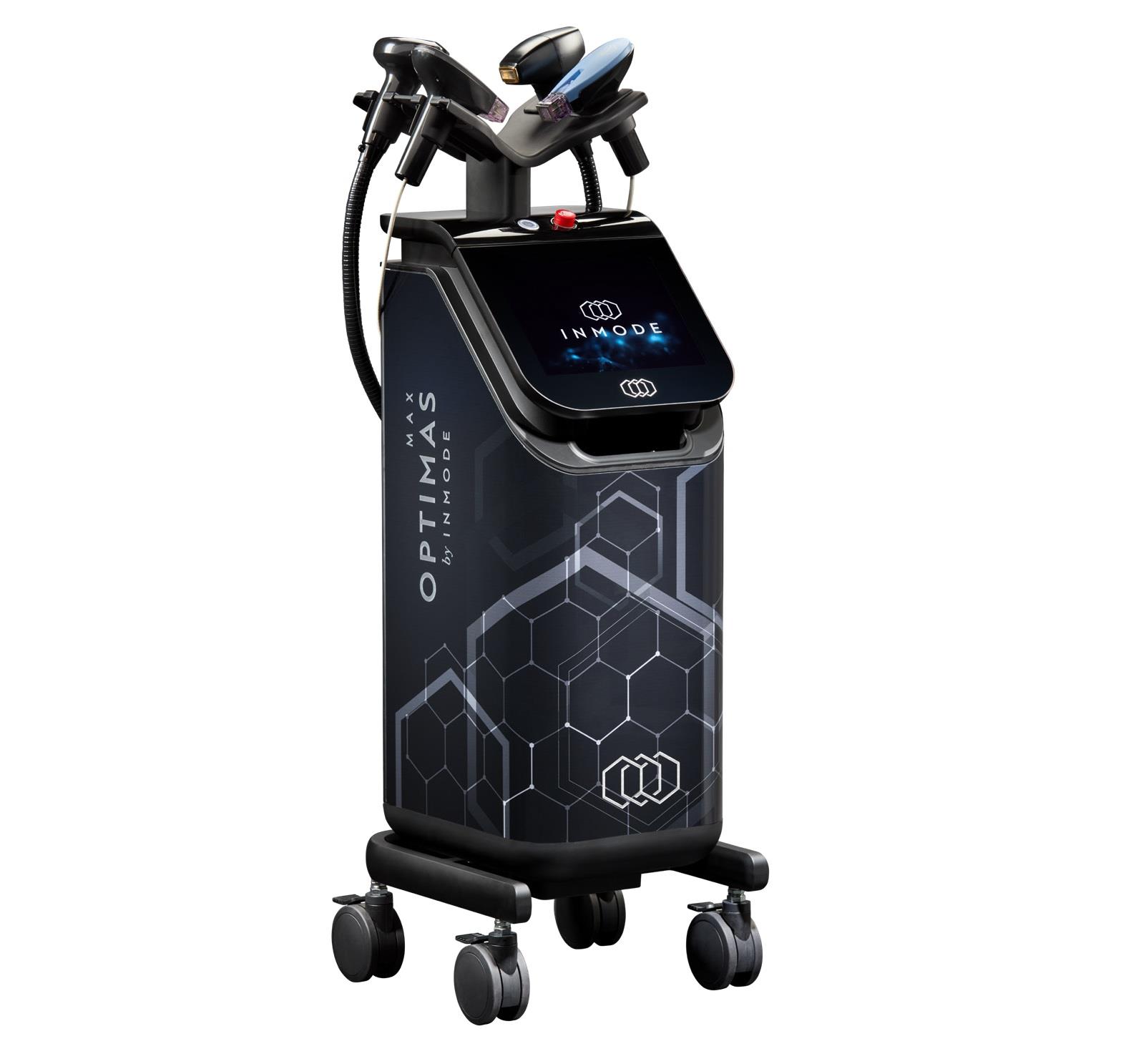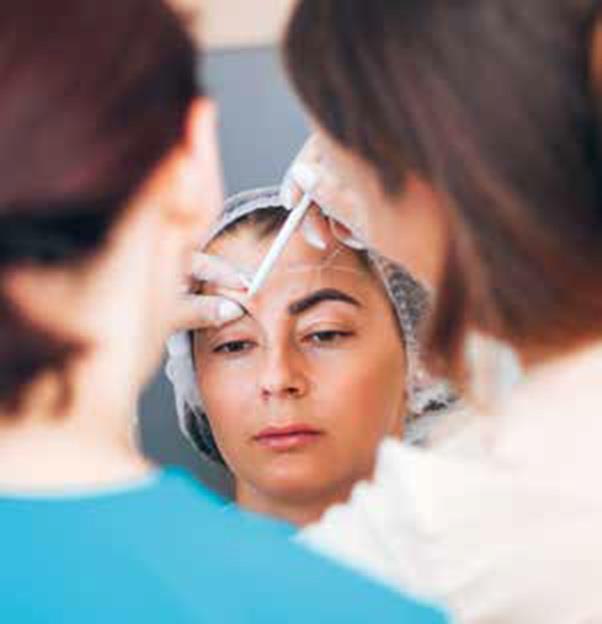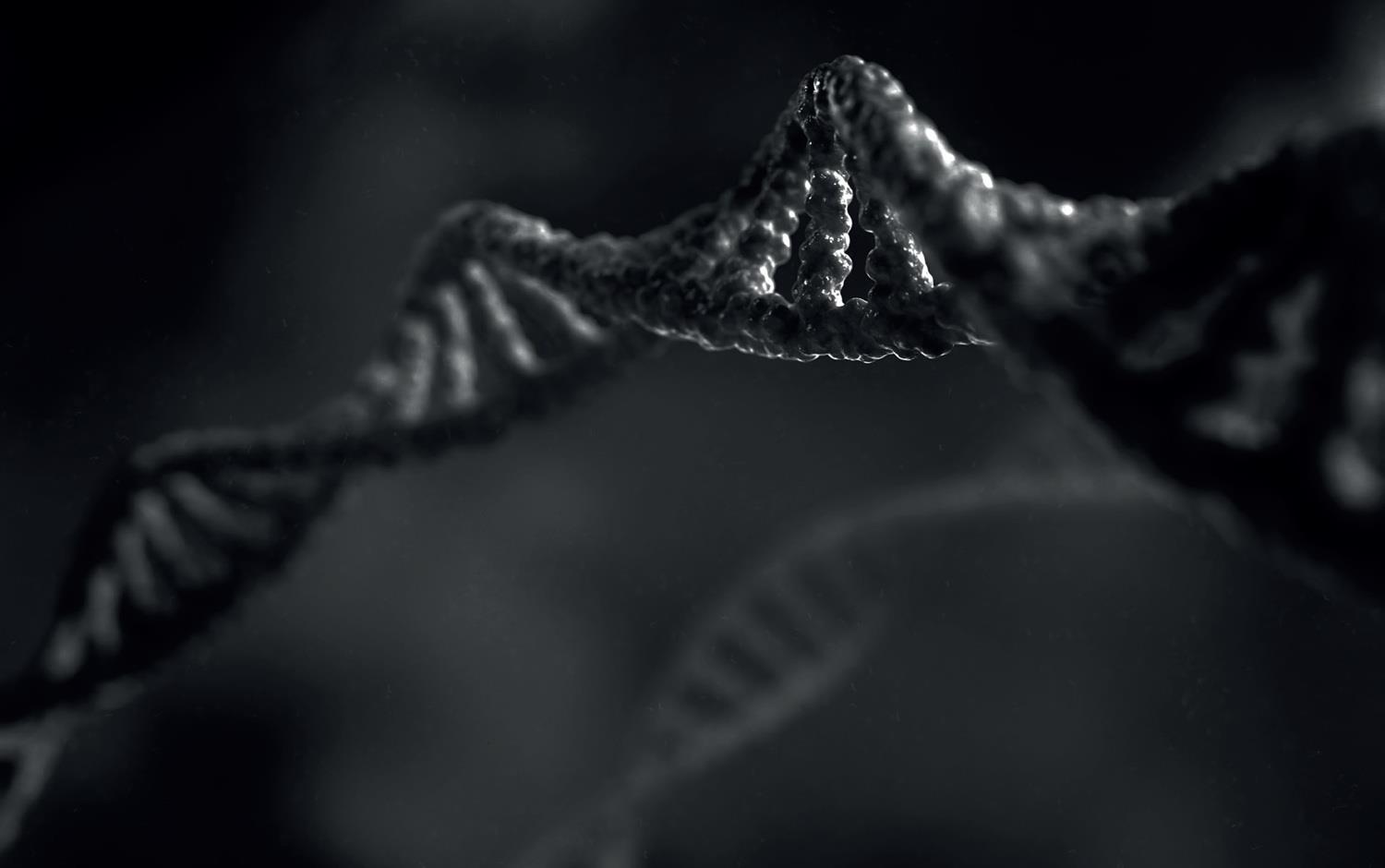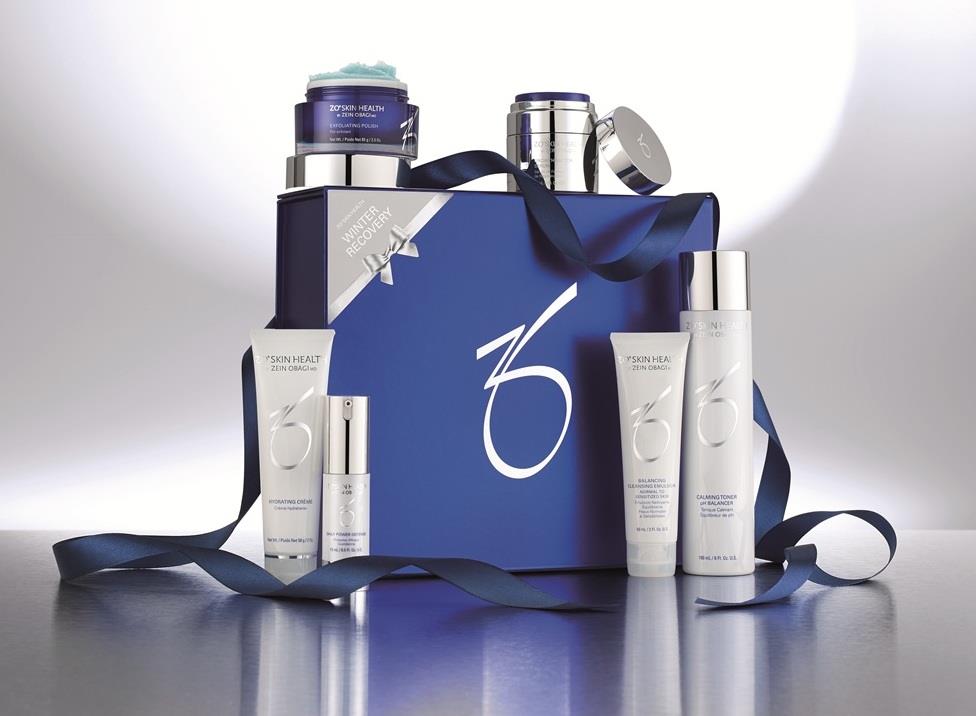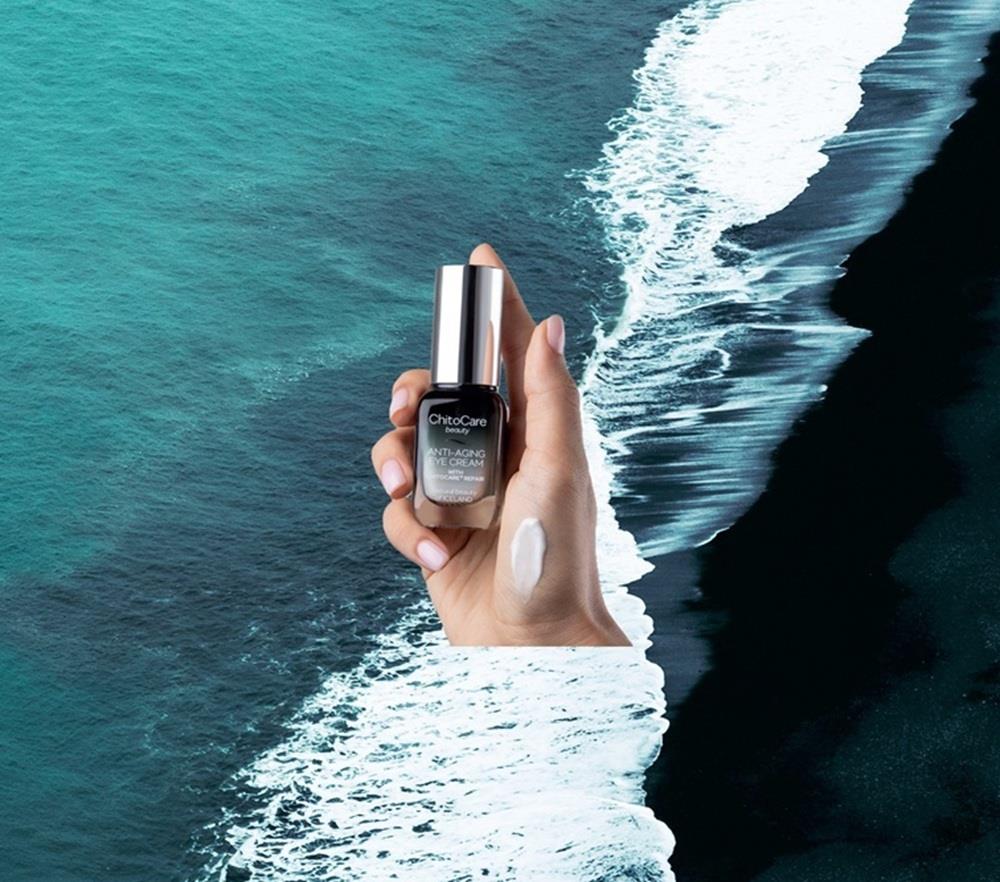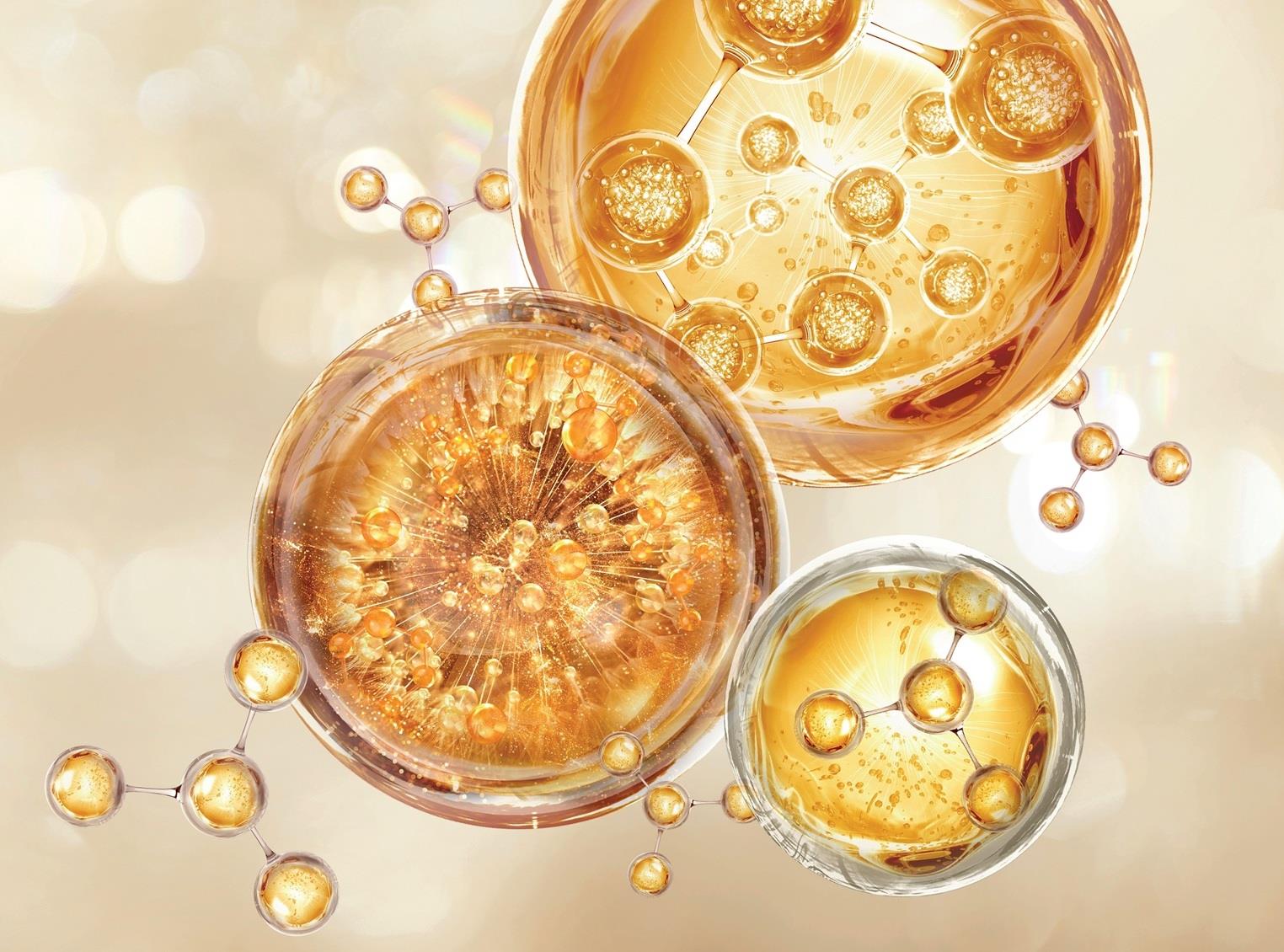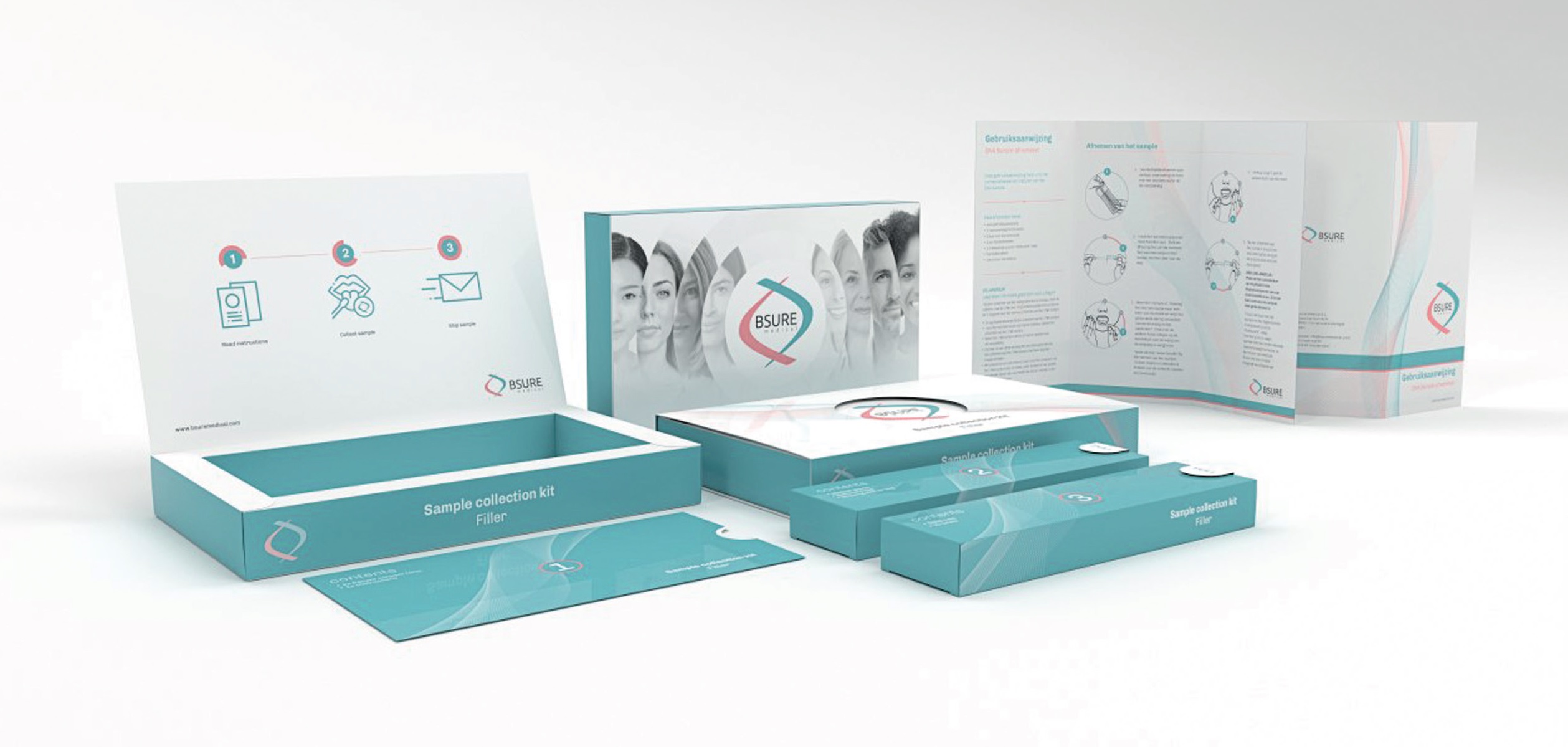
The popularity of visiting an aesthetic clinic is increasing every year, particularly among young adults. If you are one of the best physicians using the best materials, filler procedures are safe. Right?
However, what about the DNA of your patients? Scientific research found that 1 to 2% of the population carries a combination of two specific genes in their DNA that can lead to serious complications. In the UK that means thousands of patients per year can experience very serious and sometimes lifelong complications as a result of fillers.
‘That is why we have now developed a DNA test to see if a patient has this genetic combination,’ says Dr. Tom Decates, cosmetic doctor and complication specialist at Erasmus University MC.
‘The Bsure Filler DNA test can predict whether a patient has a greater chance of developing complications such as pain, redness and permanent swelling. The fillers are then rejected by the body, which can potentially cause lifelong scarring. Symptoms can sometimes appear years after the actual treatment. As a result, the link between the sympthoms and the filler treatment is often not made.’
The scientific study, which underpinned the development of the Bsure DNA filler test, found that there is a certain genetic predisposition that puts you at increased risk of serious complications after filler treatments. The scientific study was executed by the Vall D’Hebron University Hospital (Barcelona), the Erasmus University MC (Rotterdam) and the Amsterdam University MC. In the study group of the research, 84% of people who had the genetic predisposition had serious complications from fillers.
Decates continued: ‘Common complications of a filler treatment are bruising, swelling and temporary sensitivity of the treated area. Less common, are infections or a vascular complication, that is the clogging of a blood vessel. The late onset immune reactions caused by the genetic predisposition are complex and difficult to solve complications of continuous pain, redness and permanent swelling.’
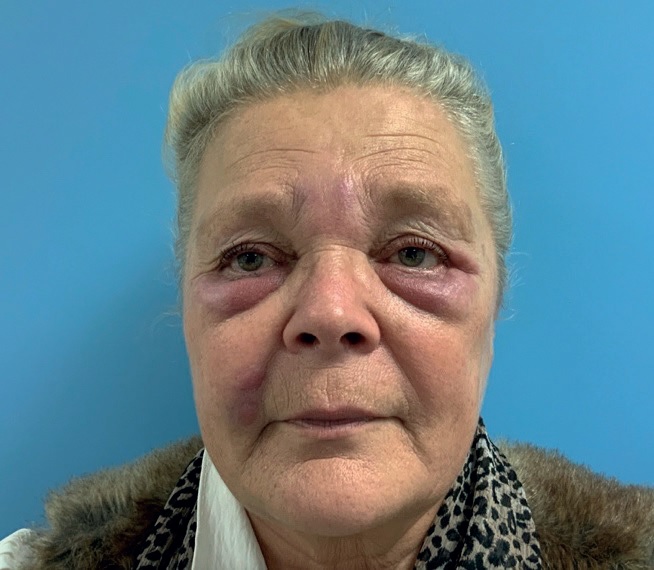
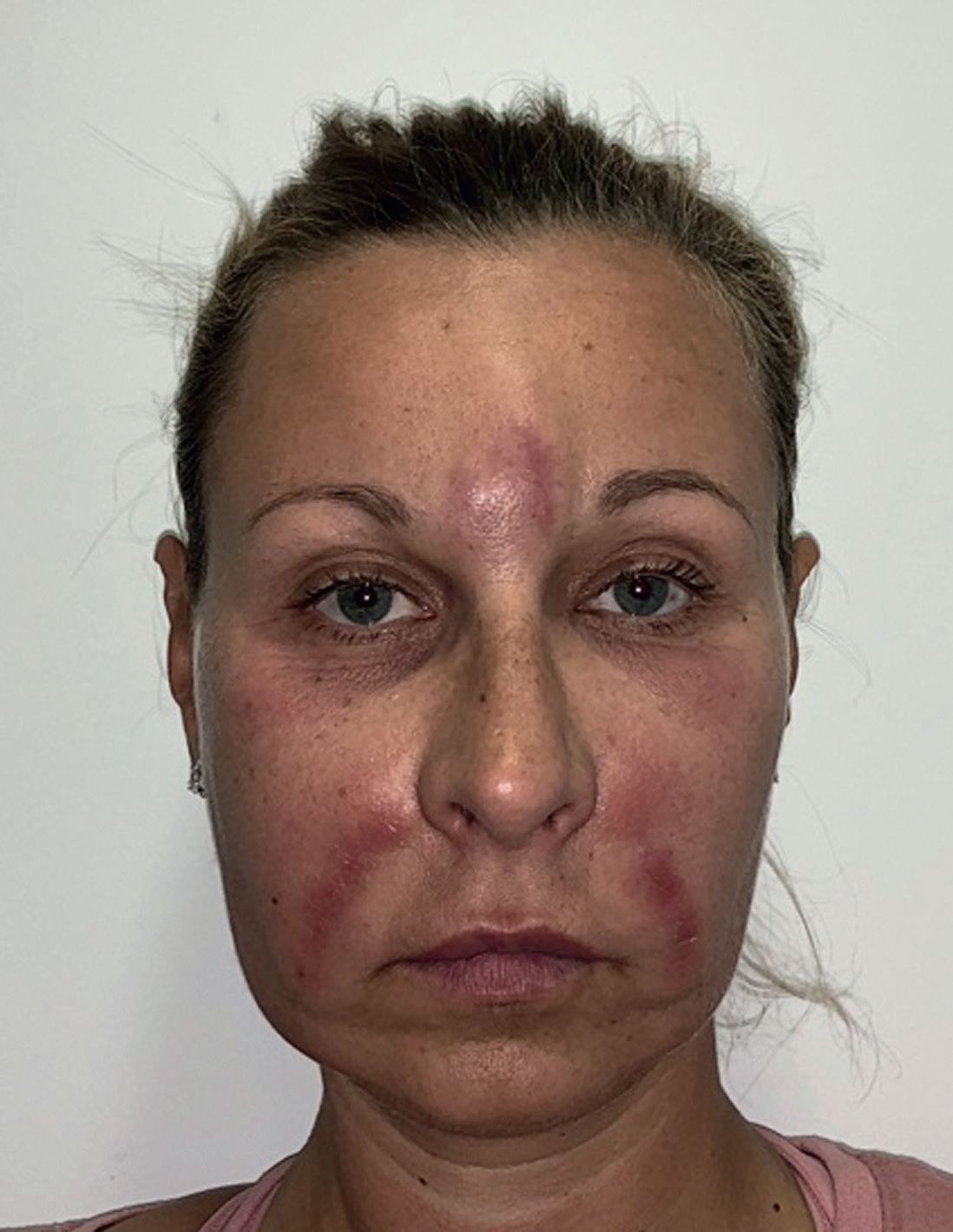
DNA test for fillers
‘Fillers are safe. However, imagine a traffic light for safe filler procedures. Three lights are on red. The first one turns on green with the best doctor, the second light turns on green using the best materials, but the third light stays on red: how does the immune system of your patient react to a filler procedure? Is their DNA apt for a filler treatment?’
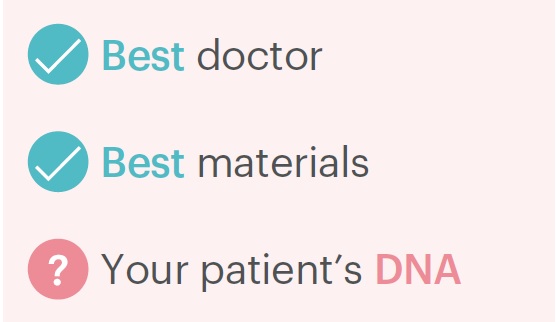
You can now test your patient’s DNA to prevent possible complications or define complications already experienced and make sure you provide the right and personalised treatment to your patient. The DNA test is very easy to take with a buccal swab and is only needed once in a lifetime.
The test results are simple: a positive test result means a high risk for complications with filler procedures. It is highly recommended a patient does not use fillers but is recommended an alternative procedure such as toxins, PRP, lipofilling, facial laser or radiofrequency.
With a negative test result you can do standard filler procedures. The risk for complications is not completely excluded but will be very low.
The Bsure Filler DNA test was launched in the Netherlands in January 2022. Wigmore Medical is now the exclusive distributor of the DNA test in the UK.
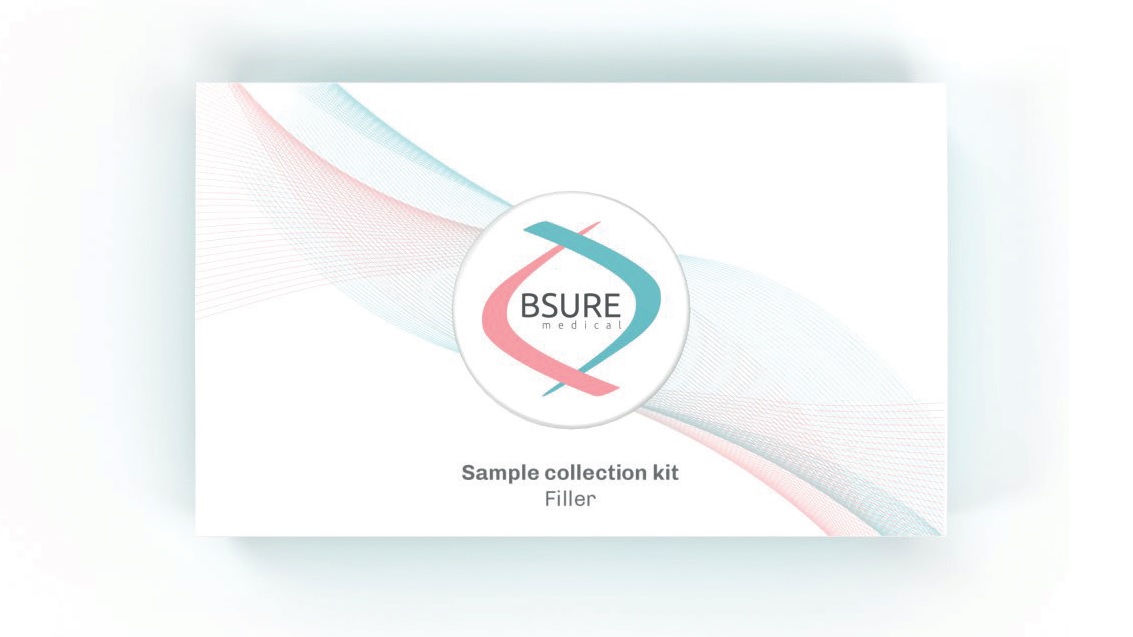
The DNA test offers the physicians and aesthetic professionals a tool to be sure to provide the right procedure to their patients. For more information about the Bsure filler test and other generic tests for your patient, contact Wigmore Medical directly via orders@wigmoremedical.com or call 020 7491 0150.

 Added to basket
Added to basket

 Unapplied Changes
Unapplied Changes


